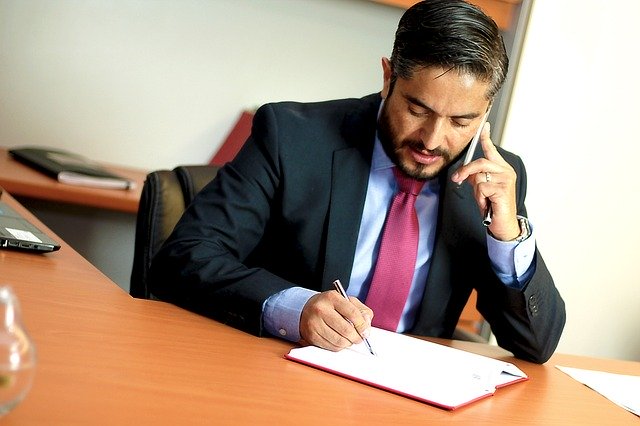It’s just about every parent’s worst nightmare. Picture the scene. You’re at work. It’s an average day. You’re getting on with your tasks when your phone rings. It’s the school. Instantly you know something is wrong, and you hope that your child has done something wrong rather than any other terrible scenario that plays out in your mind at a million miles an hour.
 You answer, and you’re told that your child has been involved in an accident and has been taken to hospital… any further details past this point are pretty much lost on you, as you rush to get word to your boss that you’re leaving immediately and you’ll be in touch once you’ve been to the hospital.
You answer, and you’re told that your child has been involved in an accident and has been taken to hospital… any further details past this point are pretty much lost on you, as you rush to get word to your boss that you’re leaving immediately and you’ll be in touch once you’ve been to the hospital.
Whatever the degree of injury, your thoughts will be fixated on your child’s wellbeing. Eventually, however, usually, once your child is on the road to recovery, you will start to ask questions about how and why the accident happened. Naturally, this will lead to questions such as who was responsible and is the family entitled to compensation towards medical costs and other expenses (for more information, see Loncar Lyon Jenkins). But, can an adult place a claim on behalf of a child? What is the law surrounding this type of situation, exactly?
You have up to 3 years
Beginning a personal injury claim as a parent or guardian on behalf of a child comes with a time limit of three years – this is the standard time limit within which claims for personal injury compensation must be started. This does not mean that the claim has to be completed within this time but merely started. However, the experts at mmattorneys.com, explain that this statute of limitations may vary from state to state.
To start a claim, your lawyer will need time to put together the evidence in support of your case before they can file the claim, meaning that leaving it right up until the last day of your three-year window is perhaps not the most sensible move. The more time the lawyer has to put the claim together, the stronger the case will be.
What if I didn’t know negligent acts were to blame?
In some cases of personal injury, the three-year time limit may be extended under certain circumstances. For example, where a child is injured in an accident that wasn’t their fault, the nature of the injury may not have been fully understood at the time (for example, exposure to hazardous materials that take time to affect health). Upon the date of knowledge, the time limit is reset to three years. Where no claim is made by the parent or guardian and the child becomes an adult, the same date of knowledge rules and restrictions apply.
Do your research and act as quickly as you can.
RELATED: Questions to Ask When Meeting a Lawyer
Related Posts:
- How To Choose The Right Attorney After Getting Injured
- 4 Types of Cases Personal Injury Lawyers Can Help You With
- Significant Qualities to Look for in a Personal Injury Attorney
- 4 Essential Factors to Consider While Searching a Personal Injury Lawyer
- The All-Important Guide to Personal Injury Attorney
- What are the benefits of hiring a car accident lawyer?
- 5 Ways a Car Accident Lawyer Can Help You Get Higher Compensation
- Questions to Ask When Meeting a Lawyer